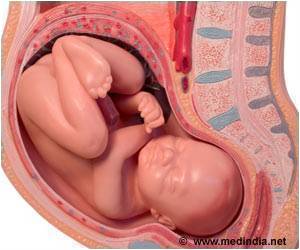Highlights
- A lab on a chip test that combines many functions of a lab has been designed by a research team from the University of California.
- The microfluidics technology allows very small quantity of sample fluid, pico litres, to be utilized.
- Easy, faster and reliable method of DNA biomarker and whole virus detection.
- Testing smaller volumes of blood. These tests require smaller volumes which are just a fraction of what is required when testing is carried out using test tubes.
- Bulky equipment is avoided: Routine diagnosis requires bulky equipment that is not required when chip based diagnosis is utilized.
- Integration of multiple functions: The chip integrates multiple functions which make diagnosis fast and easier.
- Easy to transport: The chip based lab is easy to transport and can be carried around easily.
The tests that are conducted on the micro-chip are broad based and include a range of diagnosis like molecular diagnosis, infectious diseases as well as in oncology. The tests have been designed to be easy to perform that could make these tests popular among students as well as the scientific community.
Cancer Detection
Cancer screening and detection play an important role in the care provided to patients. Early detection results in better care and better prognosis. There are many biomarkers for cancer detection and for the prediction of the recurrence risk. This is utilized by many doctors to provide personalized medicines. Certain types of cancer may not require chemotherapy after removal of the tumor while certain others may require extensive chemotherapy for controlling the spread of the disease.Such genetic analysis or identification of DNA biomarkers to score cancer and to assess the modalities of treatment takes a few weeks with a relatively high amount of blood collected from the patient. The current technology of utilizing nano-technology for miniaturizing processes will aid in faster analysis with lower quantity of blood samples.
Breast cancer occurs in 3 out of 4 women in India, but not all forms of breast cancer are invasive nor are they caused by mutations in the same genes. Many different genes can lead to the development of breast cancer and identifying the right biomarker will aid in better planning of treatment. Such cancer biomarkers are used routinely for risk analysis, especially among close relatives of patients. A simple technique could promote better access to such risk detection tests and create greater awareness about early detection.
References:
- Laboratory-on-a-chip technique simplifies detection of cancer DNA biomarkers - (http://phys.org/news/2016-12-laboratory-on-a-chip-technique-cancer-dna-biomarkers.html)
















